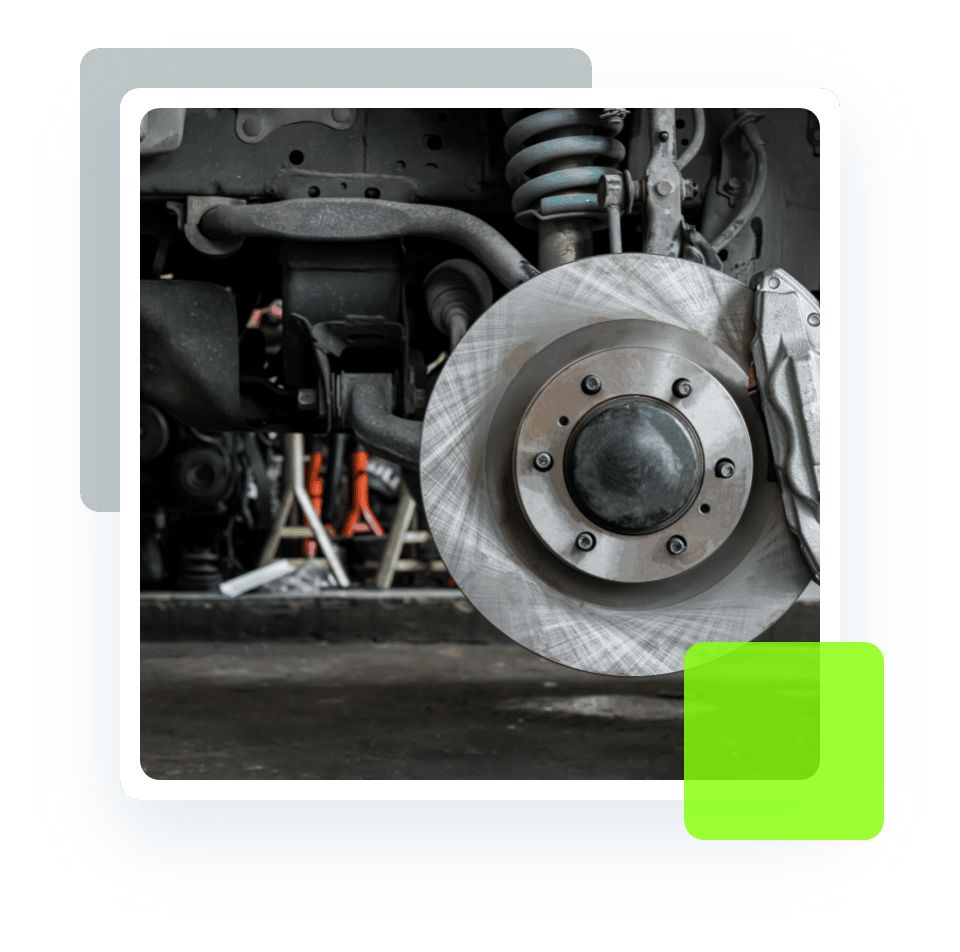Auto Repair Near Margate, FL
- brake replacement North Andrews Gardens, FLDiagnosis for Brake System Fluid Contamination
A crucial part of a car's brake system is the one that ensures safe and effective braking. Monitoring and identifying brake system fluid contamination is a crucial component of brake maintenance that is frequently disregarded. Your brakes' performance may be compromised by contaminated brake fluid, which can also, in extreme cases, pose serious safety risks. The causes, symptoms, and solutions to the problem will all be covered in this article, along with other facets of diagnosing brake system fluid contamination.
Contamination of brake system fluids:
Dr Brakes Complete Auto Repair: Auto Repair Imperial Point, FL - Car

To avoid further problems, it's critical to pinpoint the underlying causes of brake fluid contamination, which can happen for a variety of reasons. The following are typical reasons for brake fluid contamination:
- Moisture Ingress: Worn seals, damaged brake lines, or poor maintenance techniques can all allow moisture to seep into the brake fluid reservoir.
- Dirt and debris: When the reservoir cap is removed, dust, dirt, and other debris can enter the brake fluid system, contaminating the fluid.
- Corrosion: Brake lines and parts can corrode over time, releasing particles into the fluid.
- Mixing Different Brake Fluid Types: Combining different brake fluid types can result in chemical reactions and contamination.
- Worn Brake Components: During braking, particles can enter the fluid as the brake pads and rotors deteriorate.
Symptoms of Contamination of Brake Fluid:
To keep the safety and performance of your car, diagnosing brake fluid contamination is essential. Watch out for the following signs that contaminated brake fluid may be present:
Car Performance Parts Parts Near Palm Aire, FL
- Brake Fade: Contaminated fluid can make the brakes feel spongy or less responsive, which his comment is here can reduce the performance of the braking system.
- Increased Stopping Distance: A problem with the brake fluid may be present if your car takes longer to come to a stop.
- Brake Pedal Issues: A mushy or soft brake pedal could be a sign that there are air bubbles or other impurities in the brake fluid.
- Unusual Noises: When applying the brakes, contaminated brake fluid can result in squealing or other sounds.
- Brake Warning Light: Your dashboard's lit brake warning light may indicate a problem with your brake fluid, including contamination.
Identifying the Contamination of Brake Fluid:
The following procedures should be used to accurately diagnose brake fluid contamination:
- Visual inspection: Start by visually inspecting the reservoir for the brake fluid. Check the brake fluid for any visible contaminants, discoloration, or cloudiness.
- Brake fluid test strips are available and can be used to ascertain the fluid's moisture content. Moisture that is too high can be a sign of contamination.
- Boiling Point Test: To withstand the heat produced during braking, brake fluid needs to have a high boiling point. It might be because of contaminated fluid that your brakes are prone to overheating.
- When in doubt, consult a qualified mechanic for advice. They can accurately identify any contamination problems and conduct a more thorough analysis of the brake fluid.
Concerning the contamination of brake fluid:
Find Auto Repair Shops in Kendall Green, FL
If you've discovered contaminated brake fluid, it's critical to act quickly to fix the issue. The steps are listed below:


- Brake Fluid Flush: The best way to get rid of impurities and replace the old fluid with clean, fresh brake fluid is to completely flush the fluid.
- Component Inspection: Examine any master cylinders, calipers, or brake lines that may be corroded or damaged. Replace any parts that are damaged.
- Seal Replacement: To avoid further contamination, replace any damaged seals if moisture ingress is the problem.
- Use the Right Fluid: To ensure compatibility and avoid future contamination problems, always use the brake fluid that the manufacturer has recommended.
- Regular Maintenance: Follow a regular brake maintenance schedule to avoid contamination in the future. During routine maintenance, check the brake fluid and fix any problems as soon as possible.
Finally, identifying and treating brake system fluid contamination is essential for preserving your car's performance and safety. You can identify and fix contamination problems before they cause brake failure by conducting routine inspections and proactive maintenance. To keep your brakes dependable, keep a close eye on your fluid and act right away if you think there may be contamination.